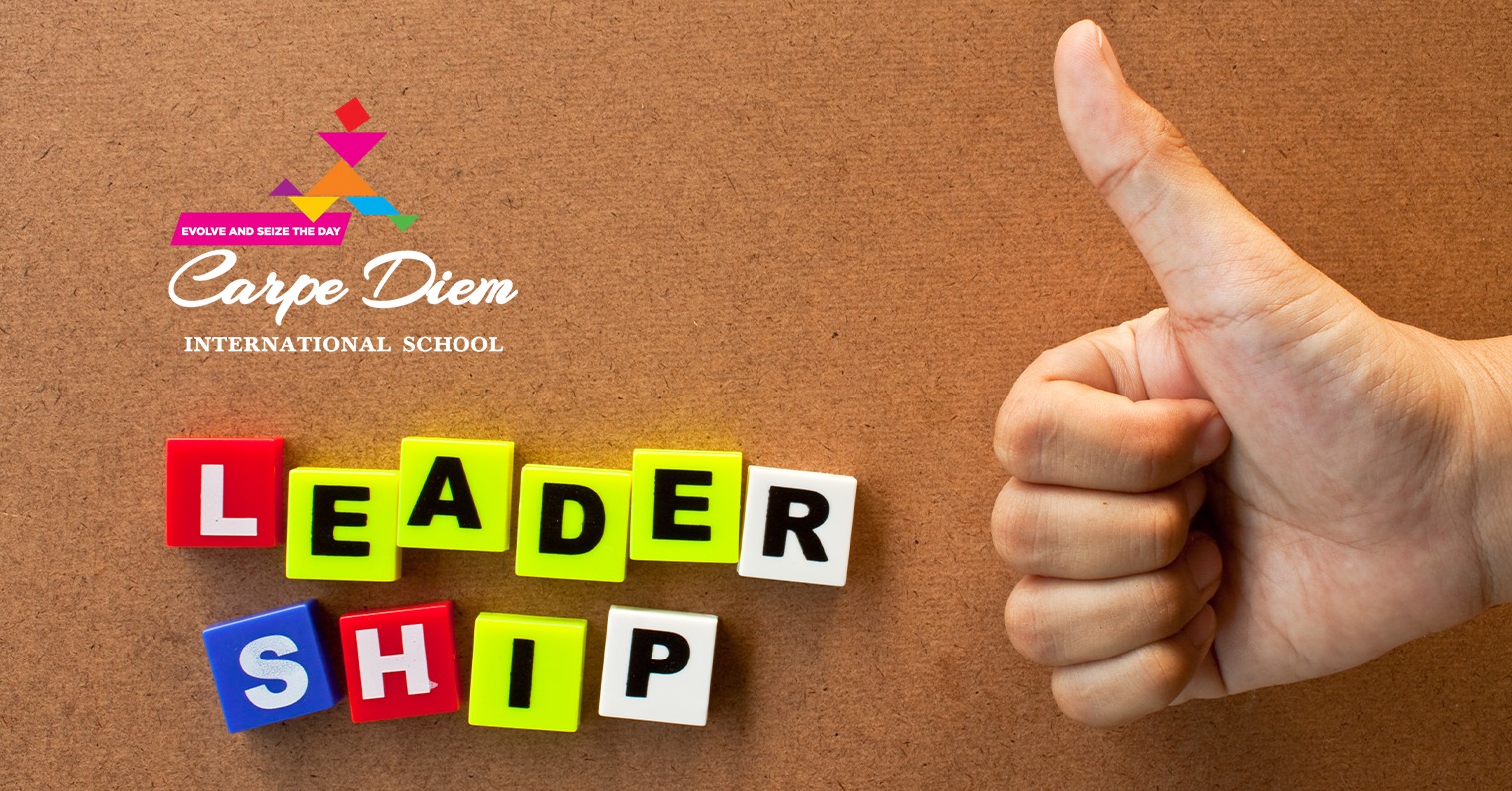
29 Jan Developing Skills for Effective Student Leadership
Student leadership is a dynamic and empowering aspect of the educational experience, offering young individuals the opportunity to cultivate essential skills that extend beyond the classroom. Whether serving as class representatives, club leaders, or organizers of school events, developing skills for effective student leadership is crucial for personal growth and creating positive impacts within the school community. In this blog Carpe Diem International School, one of the best Schools in Rajpura will explore key skills that contribute to successful student leadership and offer insights into their development.
- Communication Skills
Effective communication is fundamental to successful leadership. Students in leadership roles need to articulate their ideas clearly, actively listen to others, and convey information persuasively. Encouraging participation in public speaking, group discussions, and written communication helps refine these skills, allowing student leaders to express themselves with confidence and clarity.
- Teamwork and Collaboration
Student leaders often work in teams, requiring strong teamwork and collaboration skills. Encouraging group projects, collaborative problem-solving activities, and team-building exercises provide opportunities for students to learn how to effectively contribute to a team, appreciate diverse perspectives, and collectively achieve shared goals.
- Decision-Making and Problem-Solving
Leadership involves making informed decisions and navigating challenges. Encourage students to engage in decision-making processes, analyze situations critically, and develop effective problem-solving strategies. Real-world scenarios, case studies, and interactive workshops can provide valuable experiences in decision-making and problem-solving.
- Time Management and Organization
Balancing leadership responsibilities with academic and personal commitments necessitates excellent time management and organizational skills. Student leaders should be adept at prioritizing tasks, setting goals, and managing deadlines. Encouraging the use of planners, calendars, and time-tracking methods helps develop effective time management habits.
- Adaptability and Flexibility
In dynamic school environments, situations can change rapidly. Student leaders need to be adaptable and flexible in response to unforeseen challenges. Encouraging students to engage in activities that expose them to uncertainty, change, or unexpected scenarios helps build resilience and adaptability.
- Empathy and Emotional Intelligence
Empathy is a key component of effective leadership. Student leaders should be able to understand and relate to the emotions of their peers, fostering a supportive and inclusive environment. Activities that promote emotional intelligence, such as role-playing scenarios and reflective discussions, contribute to the development of empathy.
- Initiative and Innovation
Encourage students to take initiative and think innovatively. Effective leaders are proactive in identifying opportunities for improvement and implementing creative solutions. Providing platforms for brainstorming sessions, innovation challenges, and entrepreneurial projects fosters a mindset of initiative and innovation.
- Conflict Resolution Skills
Leadership roles may involve navigating conflicts within a team or the larger school community. Teaching students conflict resolution skills, such as active listening, effective communication, and finding mutually beneficial solutions, equips them to address and resolve conflicts constructively.
- Resilience and Perseverance
Leadership often comes with its share of challenges and setbacks. Developing resilience and perseverance is crucial for student leaders to navigate obstacles and stay motivated. Encouraging a growth mindset, emphasizing the importance of learning from failures, and providing mentorship contribute to the development of resilience.
Conclusion
In conclusion, developing skills for effective student leadership goes beyond holding a title; it involves cultivating a diverse set of competencies that contribute to personal growth and positive impact within the school community. By focusing on communication, teamwork, decision-making, and other essential skills, educators and mentors empower students to become effective leaders, preparing them for success in both academic and future professional endeavours. Through intentional skill development, student leaders emerge with the confidence and capabilities needed to make meaningful contributions to their school and society at large.

Sorry, the comment form is closed at this time.